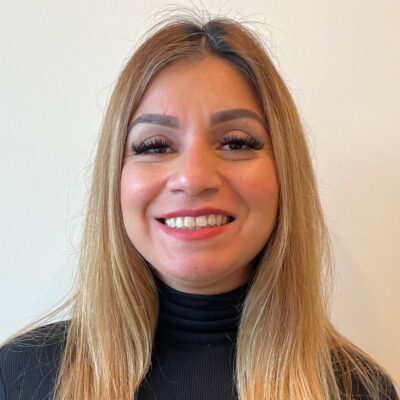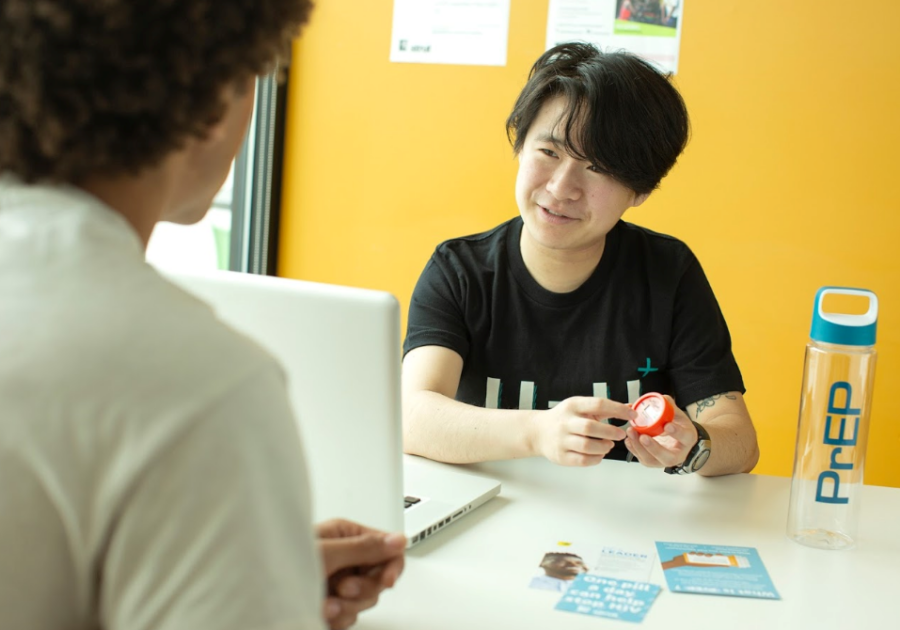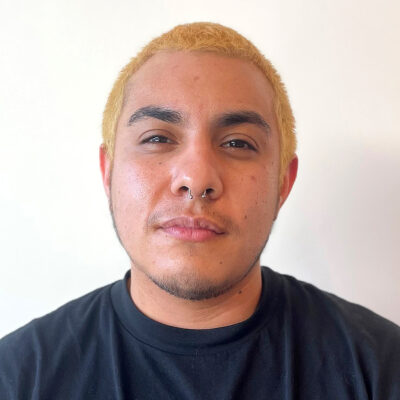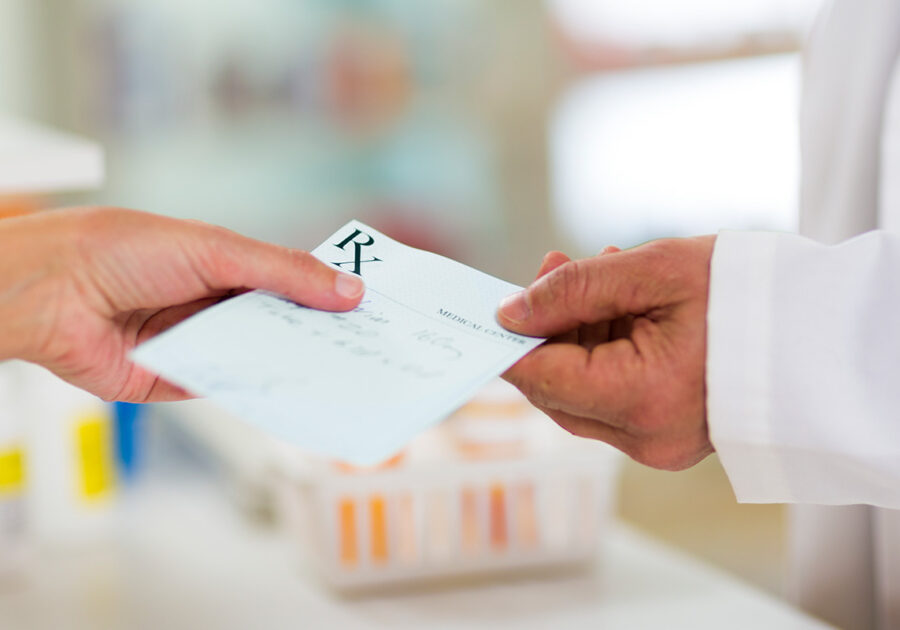
Heidi Ortiz
Lead PrEP & HIV Benefits Coordinator & Linkage Navigator
Spanish
Pronouns: She/her/hers
Pre-Exposure Prophylaxis (PrEP) and post-exposure prophylaxis (PEP) are highly effective ways to prevent HIV using medication. Services for both medications are available through Magnet, our sexual health clinic program, and include lab tests, dosage instructions, prescriptions, benefits navigation, and adherence support.

Available to first-time Magnet PrEP clients only. Enrollment visits can be booked through our client portal. If you’re having trouble finding an appointment that fits your schedule, please call us.
What to expect:
Please note: We are unable to prescribe PrEP for persons covered by Kaiser Permanente, TRICARE, or Veterans Health Administration benefits. If you are unable to get PrEP through your authorized provider, please contact us for additional resources and options.
Follow-up visits can be booked through our client portal. Follow-up PrEP care begins one month after the enrollment visit, then once every three months.
What to expect:
If you have run out of prescription refills from your pharmacist, contact Magnet PrEP Navigation Services.
In partnership with American Exchange, uninsured Magnet PrEP program clients may qualify for subsidized health insurance coverage.
PrEP medication is available for free or at a significantly reduced cost.
If you are uninsured, and have an annual income of less than 500% of the Federal Poverty Line ($63,000), you are eligible to get PrEP medication for free.
If you are insured, copay assistance programs are available, as insurance will usually cover part of your PrEP cost, and you may be required to pay a prescription copay at the pharmacy. (PrEP medication prescribed in our clinic will be billed to your insurance through a pharmacy like Walgreens.)
If you have insurance through Kaiser, TRICARE, or VA Health Benefits, contact your member services to enroll in their PrEP programs as these plans require prescriptions from authorized providers within their networks. If you are unable to get PrEP through an authorized provider, please contact Magnet PrEP Navigation Services for additional resources and options.
Contact Magnet PrEP Navigation Services to schedule an appointment.

Lead PrEP & HIV Benefits Coordinator & Linkage Navigator
Spanish
Pronouns: She/her/hers

Lead PrEP & HIV Benefits Coordinator & Linkage Navigator
Spanish
Pronouns: He/him/his

PrEP & HIV Benefits Coordinator & Linkage Navigator
Pronouns: They/them/theirs

PrEP & HIV Benefits Coordinator & Linkage Navigator

PrEP & HIV Benefits Coordinator & Linkage Navigator
Pronouns: They/he

We offer PEP on a limited basis. Please call to confirm availability.
Phone: 415-581-1600, #3
PEP is used in emergency situations in which a person may have been exposed to HIV in the previous 72 hours.
If any of these scenarios apply to you, talk to your healthcare provider or go to an emergency room right away. PEP works best if you take it within 72 hours of exposure to HIV.
PEP is for HIV-negative people who may have been exposed to HIV during a single event.
PEP is not a substitute for other effective HIV prevention methods, such as correct and consistent condom use, PrEP (pre-exposure prophylaxis) or use of sterile injection equipment.
PEP services, with the month-long medication treatment, are provided for free.